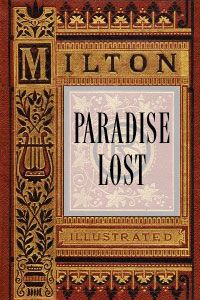(George Herbert's Church, Bemerton)
George Herbert's hymns are so old fashioned they are almost forgotten, not just out of favour but out of sync with
current taste and preference. His poem King of Glory, King of Peace recalls a spiritual atmosphere and
intensity of devotion requiring more of us than our usual contemporary
attempts at dumbed down intimacy and informal conversation with One who is Holy
Love, both transcendent and immediate.
It's a hymn best sung in a cathedral, a place where beauty and light, architecture and acoustics, give visual and aural expression to the same sentiments of devotion. And it should be sung with that restrained politeness that in Anglican spirituality comes near
to the spiritual quality of courtesy and quiet gratefulness, not
spiritually greedy or emotionally ambitious, but showing that quality of
balance that makes Herbert's poetry such a fine example of what he
himself called "my utmost art".
The structure of the poem is both simple and flawless; the rhythm is as easy as breathing; the only word of more than two syllables is 'eternity's', and it's always reckless to assume such conceits are unintended in Herbert – the longest word for the vastest concept; Praise, thankgiving, petition, confession and dedication are forms of prayer represented in lines that are brief arrows of devotion; and the encounter is intimate without being familiar, the personal pronouns of address showing the fusion of humility and confidence, which together make up trust. It is a beautiful hymn, a technically brilliant poem, and one of my favourite personal prayers:
King of glory, King of peace,
I will love thee;
and that love may never cease,
I will move thee.
Thou hast granted my request,
thou hast heard me;
thou didst note my working breast,
thou hast spared me.
Wherefore with my utmost art
I will sing thee,
and the cream of all my heart
I will bring thee.
Though my sins against me cried,
thou didst clear me;
and alone, when they replied,
thou didst hear me.
Seven whole days, not one in seven,
I will praise thee;
in my heart, though not in heaven,
I can raise thee.
Small it is, in this poor sort
to enroll thee:
e'en eternity's too short
to extol thee.
